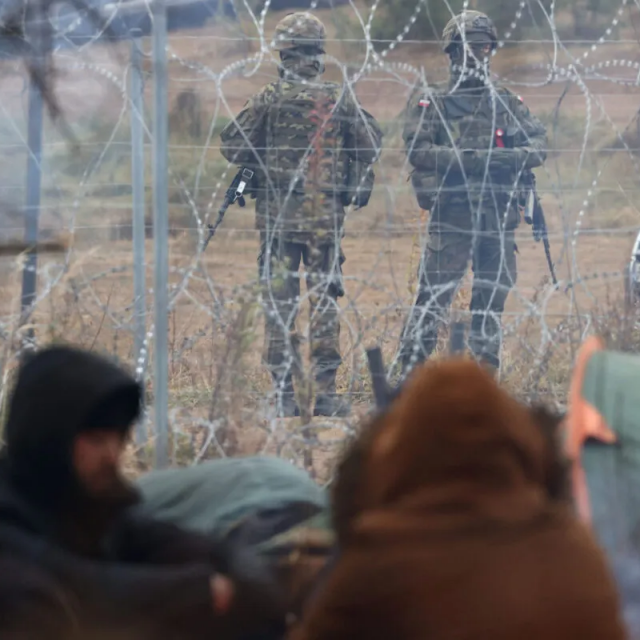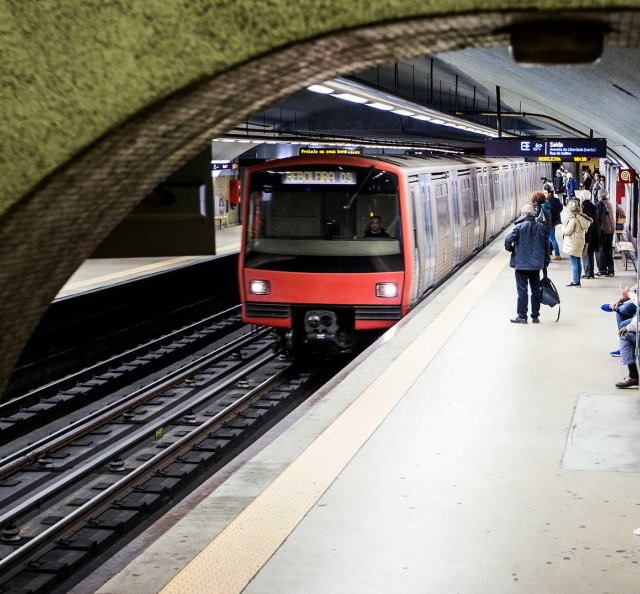MEPs are calling on the EU to speed up financial aid for victims of the devastating floods affecting a quarter of European countries.
Poland, Czech Republic, Slovakia, Austria, Hungary, Romania and Germany have all been hit by extreme weather conditions, resulting in the deaths of 23 people.
MEPs say the loss of life and the destruction of homes and vital infrastructure show that we urgently need to improve the EU’s preparedness and speed in responding to such disasters.
Comment came from EPP Group Vice-Chair Siegfried Mureşan.
The deputy told this site: “The EU stands ready to assist those affected by the floods in Central and Eastern Europe and the fires in Portugal.”
“We recognise that the Union’s budget should be more flexible, more resilient and quicker to respond to crises with financial aid.”
“Flexibility is key and we will work to ensure it is built into the EU’s next long-term budget,” said Mureşan, one of the European Parliament’s lead negotiators on the next Multiannual Financial Framework.
“Local authorities know best the needs of their communities. That is why we want to work closely with them to strengthen our preparedness and the EU’s budgetary power,” Mureşan continued.
Andrey Novakov, EPP Group Spokesman on Regional Development, said that EU policy must adapt “to the fact that there are and will be more and more crises.”
“Migration, the pandemic, energy and war. We thought we’d seen it all, but the next decade will be the most challenging for EU’s regions, cities and rural areas as disasters intensify. The EU should set itself a new target – zero deaths from natural disasters”.
“Cohesion policy must continue to invest in adaptation, mitigation and disaster prevention for resilient regions – local infrastructure, equipment, personnel and technical assistance to local authorities,” Novakov underlined.
According to Waldemar Buda, ECR coordinator in the Committee on Regional Development, “the implementation of polders or reservoirs, for example, is often hampered by overly complicated regulations and the possibility of being blocked by interest groups.”
“The European Parliament should ask the Commission to present a concrete plan: how much, for whom, by when and what measures will be taken. Such concrete measures do not exist and people expect them”.
The ECR MEP added that the EU should, for example, make money available from the Solidarity Fund.
“Climate change is inevitable. We need to build the infrastructure, not make it harder to build, which is what politics is about today,” said Buda, who was also the ECR’s negotiator on the Parliament’s joint resolution on the issue.
“The Green Deal policy has basically blocked investment that would help today,” he concluded.




